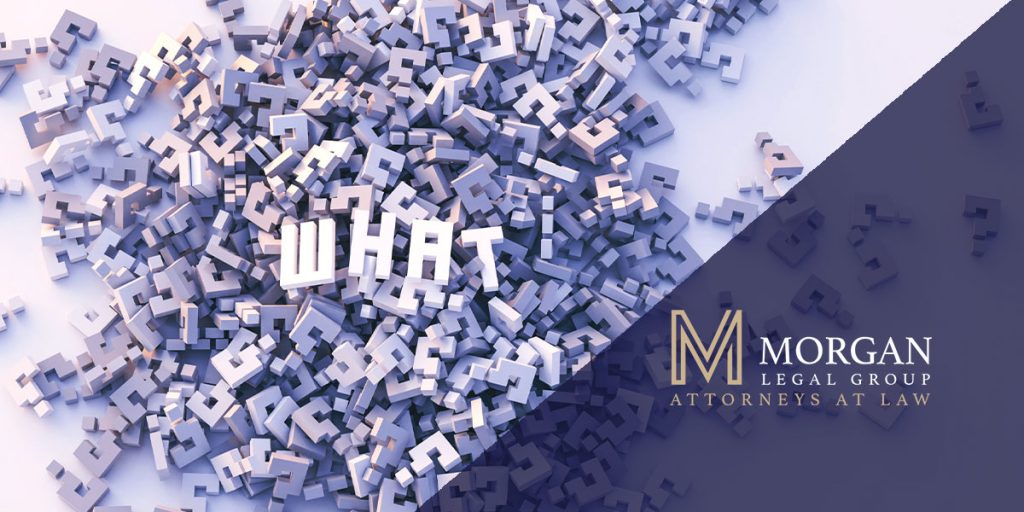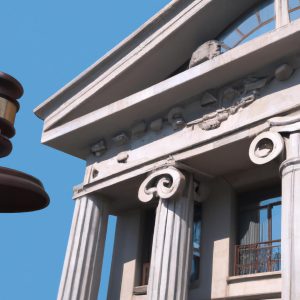Types of Assets That Go Through Probate in New York
Probate is the legal process of administering a deceased person’s estate, which includes identifying and distributing their assets. While not all assets are subject to probate, it’s essential to understand which types typically go through this process in New York. This article will provide insights into the various asset categories and how to navigate the probate process efficiently.
Probate Overview
Before delving into the types of assets that go through probate, let’s briefly review the probate process itself. Probate serves several key purposes:
- Verifying the validity of the deceased person’s will (if one exists).
- Identifying all assets and liabilities of the estate.
- Paying outstanding debts, taxes, and administrative expenses.
- Distributing the remaining assets to heirs and beneficiaries.
Now, let’s explore the categories of assets that typically go through probate:
1. Solely Owned Real Estate
Real estate properties owned solely by the decedent, without joint tenancy or a living trust, often go through probate. The probate court will oversee the transfer of the property to the rightful heirs or beneficiaries.
2. Bank Accounts and Investments
Bank accounts, including checking and savings accounts, and investments held solely in the decedent’s name are subject to probate. These assets will be used to pay debts and distribute to beneficiaries as outlined in the will or according to state law.
3. Personal Property
Personal property, such as vehicles, jewelry, art, and household items, may go through probate if there is no clear beneficiary designated. However, smaller personal items may not be subject to probate if the total estate value is below a certain threshold set by state law.
4. Businesses Owned Solely
If the decedent owned a business as the sole proprietor, the business assets, debts, and liabilities may be subject to probate. This can impact the continuity of the business and may require careful planning.
5. Intellectual Property and Royalties
Intellectual property, such as patents, copyrights, and trademarks, along with royalty income generated from them, may be included in the probate process if no specific arrangements have been made to transfer or distribute these assets outside of probate.
6. Retirement Accounts Without Designated Beneficiaries
Retirement accounts, like 401(k)s and IRAs, may go through probate if there is no named beneficiary or if the named beneficiary is the deceased person’s estate. Designating specific beneficiaries can help these assets avoid probate and pass directly to the intended recipients.
7. Life Insurance Policies with No Named Beneficiaries
Life insurance policies without designated beneficiaries or with the estate as the beneficiary may become part of the probate estate. To avoid this, ensure that you have named beneficiaries on your policies.
Assets That Typically Bypass Probate
It’s important to note that many assets can bypass probate if they have designated beneficiaries or are held in certain types of trusts. These assets include:
- Assets held in a living trust.
- Bank accounts with payable-on-death (POD) or transfer-on-death (TOD) beneficiaries.
- Assets with joint tenancy or tenancy by entirety.
- Retirement accounts with named beneficiaries.
- Life insurance policies with named beneficiaries.
Consult with Probate Professionals
Understanding the types of assets that go through probate is essential for effective estate planning. To streamline the probate process and ensure that your assets are handled according to your wishes, it’s highly recommended to consult with experienced probate professionals, such as Morgan Legal Group.







